
Antioxidants and Cancer Prevention
What are free radicals, and do they play a role in cancer development?
Free radicals are highly reactive chemicals that have the potential to harm cells. They are created when an atom or a molecule (a chemical that has two or more atoms) either gains or loses an electron (a small negatively charged particle found in atoms). Free radicals are formed naturally in the body and play an important role in many normal cellular processes.
At high concentrations, however, free radicals can be hazardous to the body and damage all major components of cells, including DNA, proteins, and cell membranes. The damage to cells caused by free radicals, especially the damage to DNA, may play a role in the development of cancer and other health conditions.
Abnormally high concentrations of free radicals in the body can be caused by exposure to ionizing radiation and other environmental toxins. When ionizing radiation hits an atom or a molecule in a cell, an electron may be lost, leading to the formation of a free radical. The production of abnormally high levels of free radicals is the mechanism by which ionizing radiation kills cells. Moreover, some environmental toxins, such as cigarette smoke, some metals, and high-oxygen atmospheres, may contain large amounts of free radicals or stimulate the body’s cells to produce more free radicals.
Free radicals that contain the element oxygen are the most common type of free radicals produced in living tissue. Another name for them is “reactive oxygen species,” or “ROS”.
What are antioxidants?

Antioxidants are chemicals that interact with and neutralize free radicals, thus preventing them from causing damage. Antioxidants are also known as “free radical scavengers.”
The body makes some of the antioxidants it uses to neutralize free radicals. These antioxidants are called endogenous antioxidants. However, the body relies on external (exogenous) sources, primarily the diet, to obtain the rest of the antioxidants it needs. These exogenous antioxidants are commonly called dietary antioxidants. Fruits, vegetables, and grains are rich sources of dietary antioxidants. Some dietary antioxidants are also available as dietary supplements.
Examples of dietary antioxidants include beta-carotene, lycopene, and vitamins A, C, and E (alpha-tocopherol). The mineral element selenium is often thought to be a dietary antioxidant, but the antioxidant effects of selenium are most likely due to the antioxidant activity of proteins that have this element as an essential component (i.e., selenium-containing proteins), and not to selenium itself.
Can antioxidant supplements help prevent cancer?

In laboratory and animal studies, the presence of increased levels of exogenous antioxidants has been shown to prevent the types of free radical damage that have been associated with cancer development. Therefore, researchers have investigated whether taking dietary antioxidant supplements can help lower the risk of developing or dying from cancer in humans.
Many observational studies, including case–control studies and cohort studies, have been conducted to investigate whether the use of dietary antioxidant supplements is associated with reduced risks of cancer in humans. Overall, these studies have yielded mixed results. Because observational studies cannot adequately control for biases that might influence study outcomes, the results of any individual observational study must be viewed with caution.
Randomized controlled clinical trials, however, lack most of the biases that limit the reliability of observational studies. Therefore, randomized trials are considered to provide the strongest and most reliable evidence of the benefit and/or harm of a health-related intervention. To date, nine randomized controlled trials of dietary antioxidant supplements for cancer prevention have been conducted worldwide. Many of the trials were sponsored by the National Cancer Institute. The results of these nine trials are summarized below.
Linxian General Population Nutrition Intervention Trial:
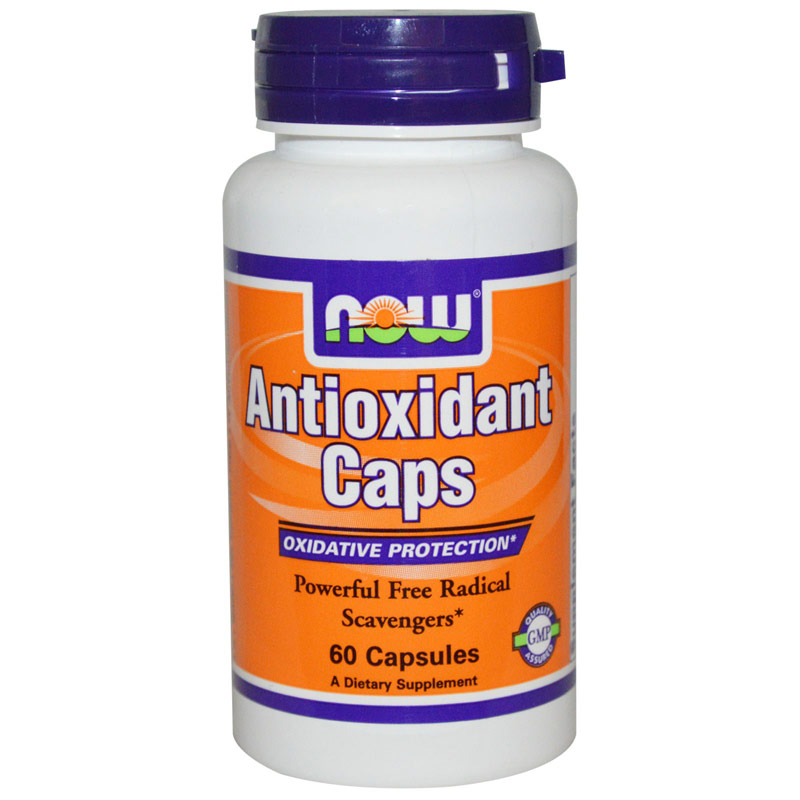
This trial was the first large-scale randomized trial to investigate the effects of antioxidant supplements on cancer risk. In the trial, healthy Chinese men and women at increased risk of developing esophageal cancer and gastric cancer were randomly assigned to take a combination of 15 milligrams (mg) beta-carotene, 30 mg alpha-tocopherol, and 50 micrograms (μg) selenium daily for 5 years or to take no antioxidant supplements. The initial results of the trial showed that people who took antioxidant supplements had a lower risk of death from gastric cancer but not from esophageal cancer. However, their risks of developing gastric cancer and/or esophageal cancer were not affected by antioxidant supplementation.
In 2009, 15-year results from this trial were reported (10 years after antioxidant supplementation ended). In the updated results, a reduced risk of death from gastric cancer was no longer found for those who took antioxidant supplements compared with those who did not.
Alpha-Tocopherol/Beta-Carotene Cancer Prevention Study (ATBC):
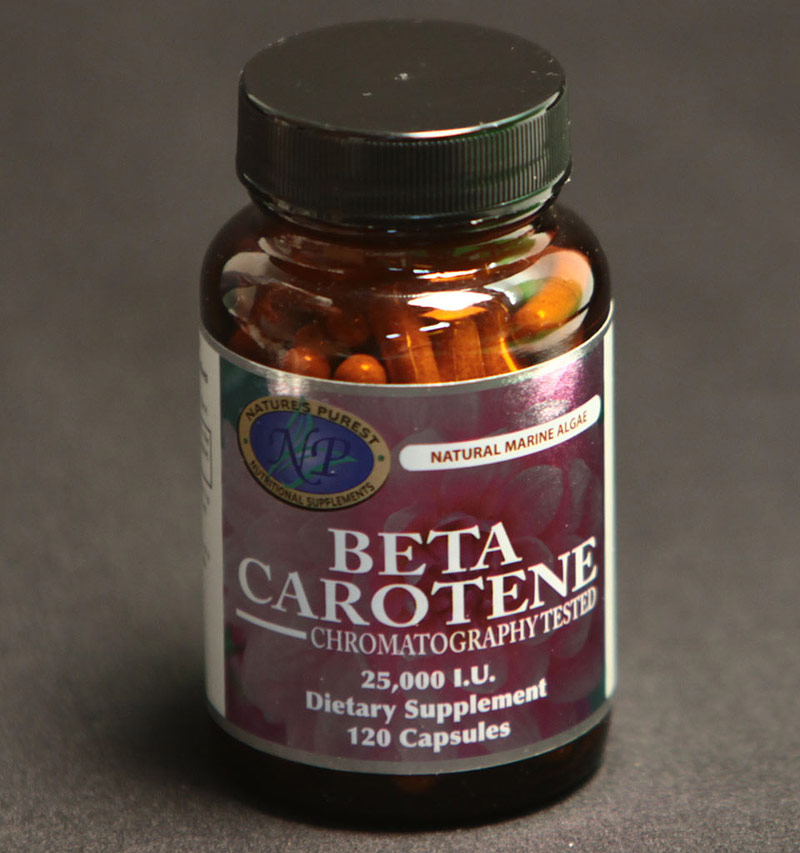
This trial investigated whether the use of alpha-tocopherol and/or beta-carotene supplements for 5 to 8 years could help reduce the incidence of lung and other cancers in middle-aged male smokers in Finland. Initial results of the trial, reported in 1994, showed an increase in the incidence of lung cancer among the participants who took beta-carotene supplements (20 mg per day); in contrast, alpha-tocopherol supplementation (50 mg per day) had no effect on lung cancer incidence. Later results showed no effect of beta-carotene or alpha-tocopherol supplementation on the incidence of urothelial (bladder, ureter, or renal pelvis), pancreatic, colorectal, renal cell (kidney), or upper aerodigestive tract (oral/pharyngeal, esophageal, or laryngeal) cancers.
Carotene and Retinol Efficacy Trial (CARET):
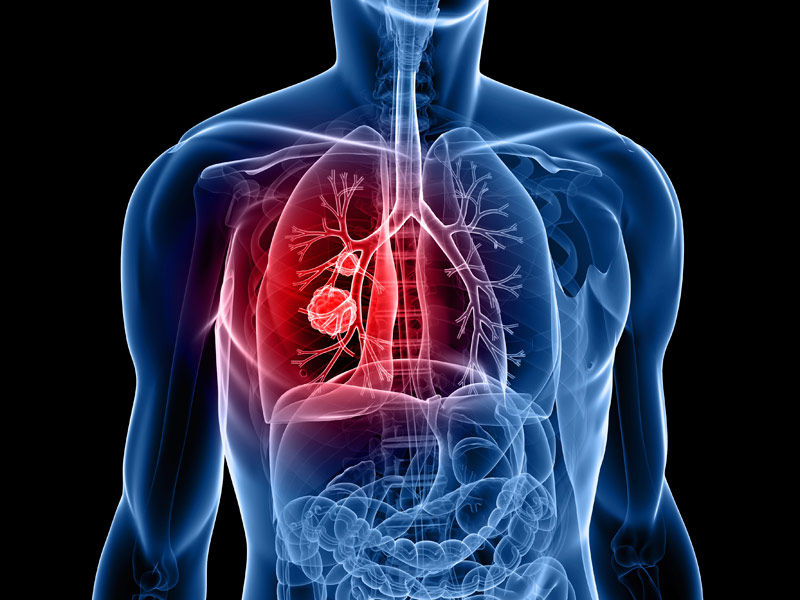
This U.S. trial examined the effects of daily supplementation with beta-carotene and retinol (vitamin A) on the incidence of lung cancer, other cancers, and death among people who were at high risk of lung cancer because of a history of smoking or exposure to asbestos. The trial began in 1983 and ended in late 1995, 2 years earlier than originally planned. Results reported in 1996 showed that daily supplementation with both 15 mg beta-carotene and 25,000 International Units (IU) retinol was associated with increased lung cancer and increased death from all causes (all-cause mortality). A 2004 report showed that these adverse effects persisted up to 6 years after supplementation ended, although the elevated risks of lung cancer and all-cause mortality were no longer statistically significant. Additional results, reported in 2009, showed that beta-carotene and retinol supplementation had no effect on the incidence of prostate cancer.
Physicians’ Health Study I (PHS I):
This trial examined the effects of long-term beta-carotene supplementation on cancer incidence, cancer mortality, and all-cause mortality among U.S. male physicians. The results of the study, reported in 1996, showed that beta-carotene supplementation (50 mg every other day for 12 years) had no effect on any of these outcomes in smokers or nonsmokers.
Women’s Health Study (WHS):

This trial investigated the effects of beta-carotene supplementation (50 mg every other day), vitamin E supplementation (600 IU every other day), and aspirin (100 mg every other day) on the incidence of cancer and cardiovascular disease in U.S. women ages 45 and older. The results, reported in 1999, showed no benefit or harm associated with 2 years of beta-carotene supplementation. In 2005, similar results were reported for vitamin E supplementation.
Supplémentation en Vitamines et Minéraux Antioxydants (SU.VI.MAX) Study:
This trial investigated the effects of daily supplementation with a combination of antioxidants and minerals on the incidence of cancer and cardiovascular disease in French men and women. The initial results of the study, reported in 2004, showed that daily supplementation with vitamin C (120 mg), vitamin E (30 mg), beta-carotene (6 mg), and the minerals selenium (100 μg) and zinc (20 mg) for a median of 7.5 years had no effect on the incidence of cancer or cardiovascular disease or on all-cause mortality. However, when the data for men and women were analyzed separately, antioxidant and mineral supplementation was associated with lower total cancer incidence and all-cause mortality among men but not among women, and with an increase in skin cancer incidence, including melanoma, among women but not among men. The beneficial effects of the supplements for men disappeared within 5 years of ending supplementation, as did the increased risk of skin cancer among women.
Heart Outcomes Prevention Evaluation–The Ongoing Outcomes (HOPE–TOO) Study:
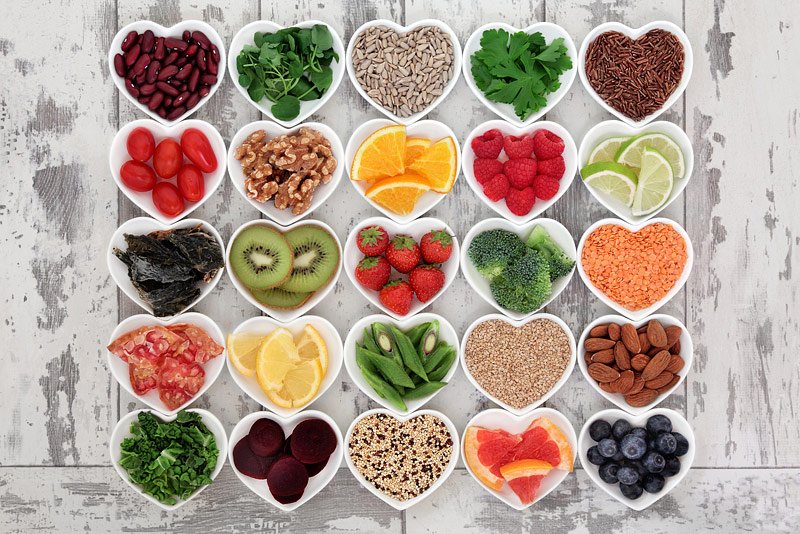
This international trial examined the effects of alpha-tocopherol supplementation on cancer incidence, death from cancer, and the incidence of major cardiovascular events (heart attack, stroke, or death from heart disease) in people diagnosed with cardiovascular disease or diabetes. The results, reported in 2005, showed no effect of daily supplementation with alpha-tocopherol (400 IU) for a median of 7 years on any of the outcomes.
Selenium and Vitamin E Cancer Prevention Trial (SELECT):
This U.S. trial investigated whether daily supplementation with selenium (200 μg), vitamin E (400 IU), or both would reduce the incidence of prostate cancer in men ages 50 and older. The study began in 2001 and was stopped in 2008, approximately 5 years earlier than originally planned. Results reported in late 2008 showed that the use of these supplements for a median duration of 5.5 years did not reduce the incidence of prostate or other cancers. Updated findings from the study, reported in 2011, showed that, after an average of 7 years (5.5 years on supplements and 1.5 years off supplements), there were 17 percent more cases of prostate cancer among men taking vitamin E alone than among men taking a placebo. No increase in prostate risk was observed for men assigned to take selenium alone or vitamin E plus selenium compared with men assigned to take a placebo.
Physicians’ Health Study II (PHS II):

This trial examined whether supplementation with vitamin E, vitamin C, or both would reduce the incidence of cancer in male U.S. physicians ages 50 years and older. The results, reported in 2009, showed that the use of these supplements (400 IU vitamin E every other day, 500 mg vitamin C every day, or a combination of the two) for a median of 7.6 years did not reduce the incidence of prostate cancer or other cancers, including lymphoma, leukemia, melanoma, and cancers of the lung, bladder, pancreas, and colon and rectum.
Overall, these nine randomized controlled clinical trials did not provide evidence that dietary antioxidant supplements are beneficial in primary cancer prevention. In addition, a systematic review of the available evidence regarding the use of vitamin and mineral supplements for the prevention of chronic diseases, including cancer, conducted for the United States Preventive Services Task Force (USPSTF) likewise found no clear evidence of benefit in preventing cancer.
It is possible, however, that the lack of benefit in clinical studies can be explained by differences in the effects of the tested antioxidants when they are consumed as purified chemicals as opposed to when they are consumed in foods, which contain complex mixtures of antioxidants, vitamins, and minerals. Therefore, acquiring a more complete understanding of the antioxidant content of individual foods, how the various antioxidants and other substances in foods interact with one another, and factors that influence the uptake and distribution of food-derived antioxidants in the body are active areas of ongoing cancer prevention research.
Should people already diagnosed with cancer take antioxidant supplements?
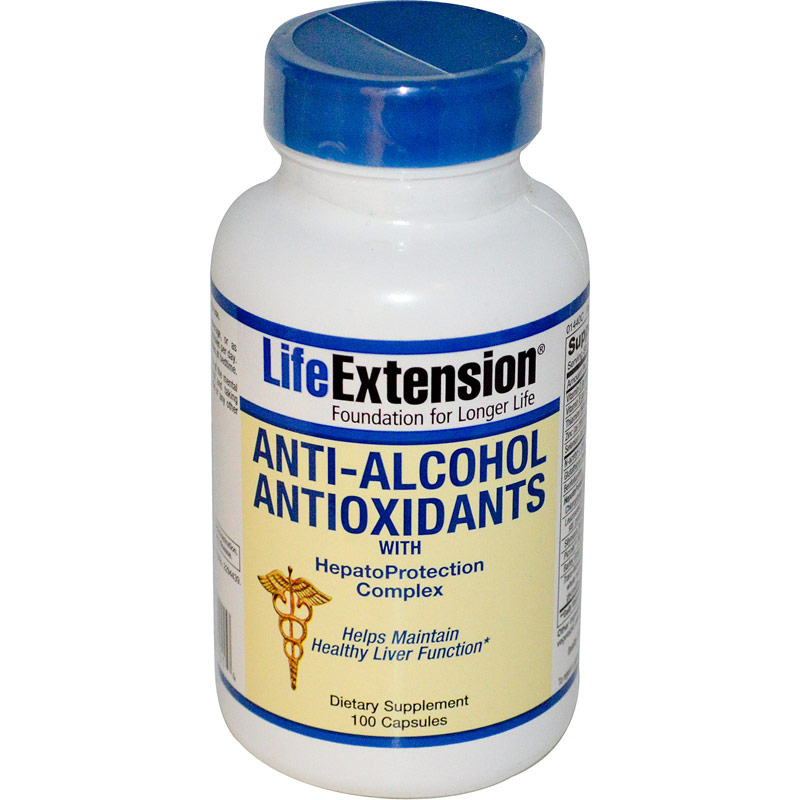
Several randomized controlled trials, some including only small numbers of patients, have investigated whether taking antioxidant supplements during cancer treatment alters the effectiveness or reduces the toxicity of specific therapies. Although these trials had mixed results, some found that people who took antioxidant supplements during cancer therapy had worse outcomes, especially if they were smokers.
Additional large randomized controlled trials are needed to provide clear scientific evidence about the potential benefits or harms of taking antioxidant supplements during cancer treatment. Until more is known about the effects of antioxidant supplements in cancer patients, these supplements should be used with caution. Cancer patients should inform their doctors about their use of any dietary supplement.



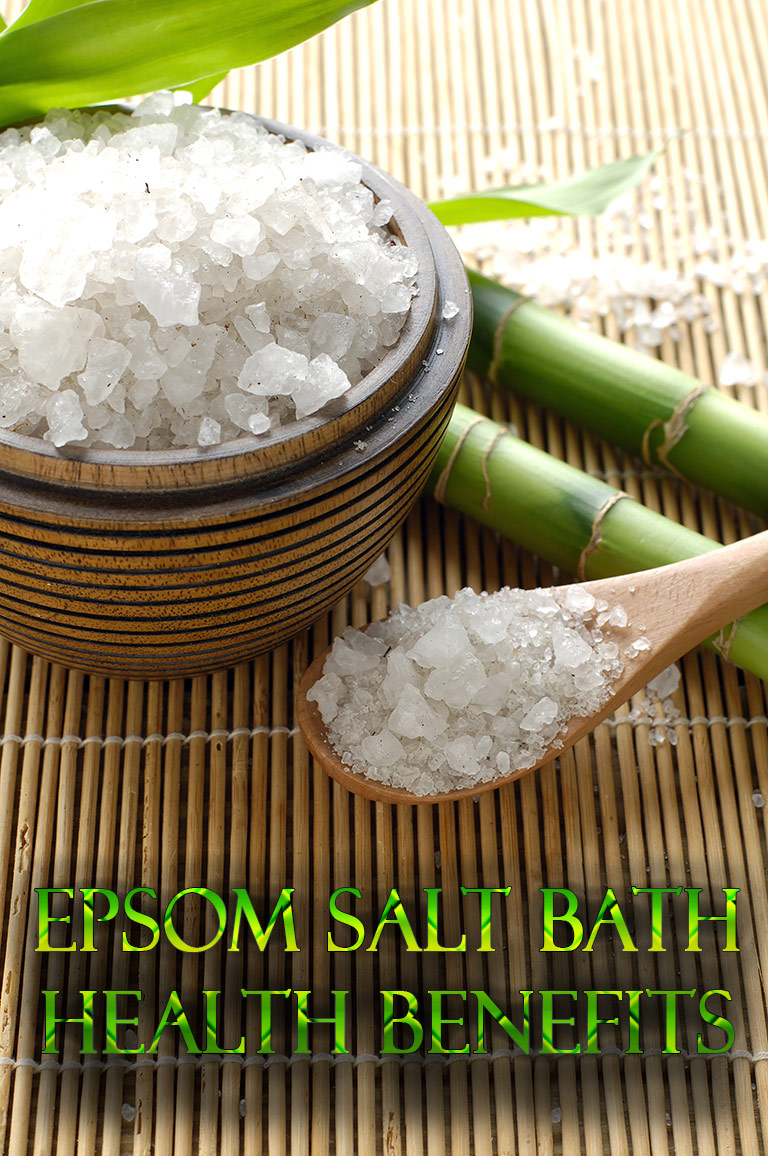
Leave a Reply